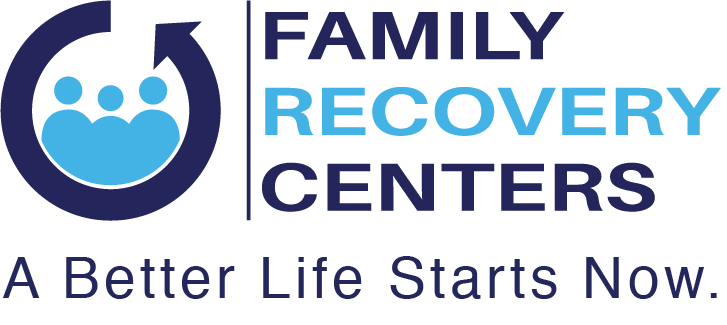What Parents Need To Know About Juuling
The original intent of electronic cigarettes was to help people quit smoking. The device worked on both a physiological and psychological level. Smokers received the nicotine boost they craved, without sacrificing reinforcing rituals such as inhaling “smoke” in the form of vaper, then exhaling a visible plume into the air.
Unfortunately, in recent years, the e-cigarette has metamorphosed into an entirely different product with an equally alternate objective. First there was the vape pen which offered consumers a variety of new flavors. Then in 2015, Juul, a flash drive sized device that delivers vaporized nicotine to the user, hit the market. It proved to be a game-changer, specifically with teenagers and young adults.
Many young people perceive smoking cigarettes as a filthy, disgusting habit. Conversely, many think it is absolutely cool to Juul. Currently, Juuling is a nationwide adolescent attraction due to the product’s economy of size, enticing flavors and most of all, immediate nicotine hit. A single cartridge or pod represents the same amount of nicotine content as in a pack of cigarettes.
As with tobacco, using vapor products is illegal under the age of 18, but unlike cigarettes, these items are not regulated by the Food and Drug Administration (FDA). It is known that Juul products contain chemicals found in anti-freeze; there is no telling what other toxic and harmful ingredients may be present that could have immediate or long-term health consequences for young people.
An estimated three million teens throughout the country are Juuling on a consistent basis; it is not unusual to consume an entire pod or more every day. Dealing Juuls has become a type of cottage industry in many secondary schools. Kids buy pods in bulk on outlets such as eBay, mark up the price and sell them to other students.
Although most young people start Juuling innocently, they continue due to the very real addictive components of nicotine. Few realize that the adolescent brain is far more susceptible to nicotine addiction than the adult brain.
Earlier last month, ABC’s Good Morning America and NBC’s Megyn Kelly aired segments on this worrisome problem and what parents and school administrators are doing to combat it. Even the best efforts can fall short due to the powerful grip nicotine has on their children.
Chicagoland is certainly not immune to this growing trend. Many high schools are taking steps to stop students from Juuling in the halls, classrooms, and particularly the bathrooms. At the request of Maine West High School in Des Plaines, Ill., the Des Plaines City Council recently passed a measure extending the ban on smoking for minors to include vaporizers and E-Cigarettes. Instead of paying a fine, offenders can attend a class on the dangers of smoking and vaping.
At Family Recovery Centers, we have seen an escalation of adolescents involved in this activity. We strongly encourage parents to talk to their children about the dangers of vaping, and if need be, support them in their efforts to quit.
